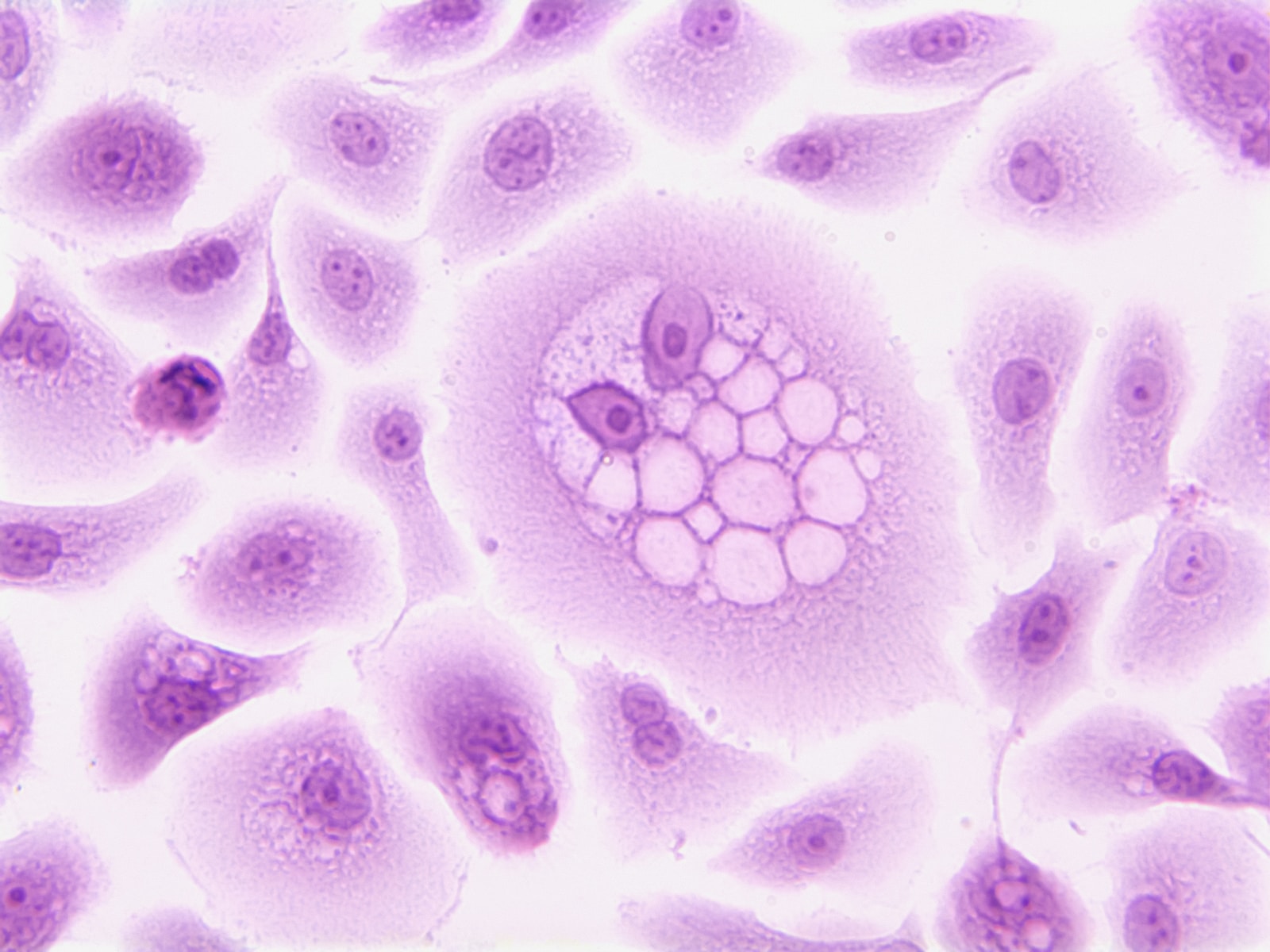New research increases hope for difficult-to-cure cancer treatment
Experts from a university in Denmark have discovered a promising new treatment method that can be used for fusion-driven cancers.
Towards the end of last week, researchers from Aarhus University revealed they have developed a gene therapy that can stop cell division which is prominent in the aggressive blood cancer known as acute myeloid leukaemia.
Even though the study, which was published in the scientific journal Leukaemia, focused on blood cancer, many other types of cancer are fusion-driven, such as lung cancers and sarcomas, meaning their method could be applied elsewhere.
Fusion-driven cancers are caused by an error in cell division that creates fusion of different genes. This then causes the cancer and drives an uncontrolled cell growth.
Within the study, which has so far only been carried out on mice and laboratory cell lines, experts have succeeded in cutting genes that, in fusion cancers, are fused incorrectly together and which send a fatal signal to cells to begin dividing uncontrollably. When the fusion genes have been cut, the cancer cells stop dividing.
‘You can use this method in the laboratory, but not in patients. We need to investigate how we can get both scissors and guideRNAs into cancer cells,’ said Maja Ludvigsen, lead author of the study.
As it stands, experts have inserted cell lines with cancer in the flanks of mice. The non-treated cell lines grew into large tumours, while the treated cells, that had been exposed to the gene therapy before being inserted into mice, resulted in much smaller tumours or none at all.
Maja added: ‘Our gene therapy seems to be extremely effective in the laboratory. We don’t know whether we can make the therapy effective enough to target all the cancer cells. But there is a hypothesis within the field of cancer research that, if you can target the majority of the cancer cells with a treatment, the immune system with take care of the rest.’
Following the study, researchers are aiming to examine whether this treatment strategy could be a new and better treatment option for other fusion-driven cancers. But there is still some way to go. For example, experts have admitted they are still unsure about potential side effects of the gene therapy.
Image: National Cancer Institute
NHS must fund treatment to boost cancer survival rates, charity warns
















